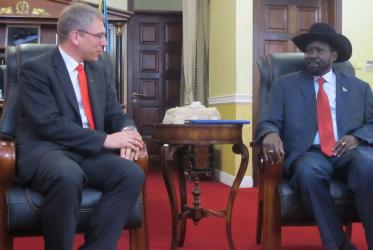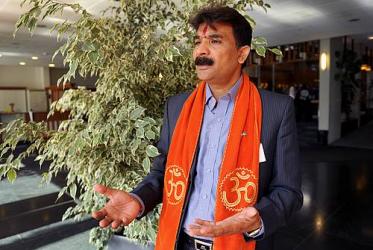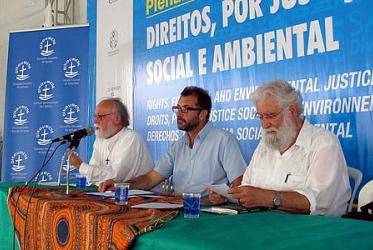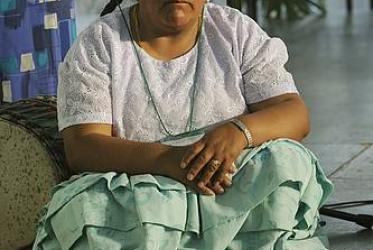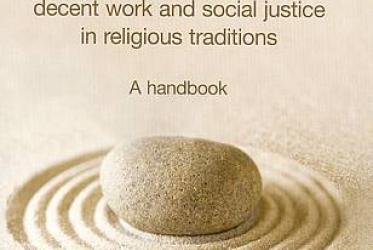Displaying 121 - 140 of 152
Protection of uprooted people is integral to religions
14 December 2012
Hindus in Pakistan are a forgotten community
20 September 2012
Myanmar churches encouraged in peace building
05 September 2012
Tveit reports on churches’ work for justice and peace
29 August 2012
Women in inter-religious dialogue in Indonesia
31 July 2012
Pray for Christians and churches under fire, urges WCC
30 April 2012
WCC condemns murderous hate crimes in France
22 March 2012
Christian self-understanding in the context of indigenous religions
14 February 2012
Working together for social justice and decent work
23 January 2012
Equal rights for all the measure for assessing freedom of religion
06 December 2011

